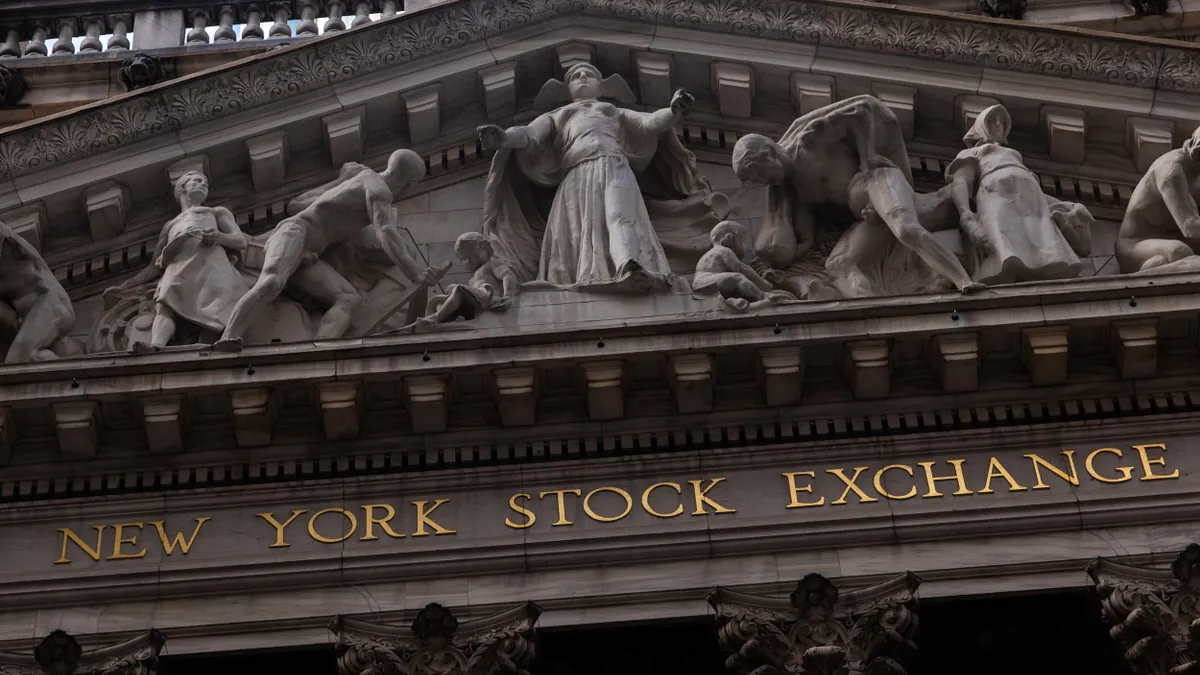Today’s business leaders must navigate a tax environment that’s growing steadily more complex, with new legislation, emerging technologies and macroeconomic uncertainty all impacting how businesses must think of their tax processes and standing as they make critical decisions regarding their future strategies.
When it comes to thinking through business decisions that might have a tax impact, it’s crucial for executives and major stakeholders across the company to reach common ground regarding both the goals and objectives of such initiatives, as well as their potential risk — and that’s where the finance chief’s relationship with tax is playing a starring role, according to Monika Loving, specialized tax services managing principal at BDO, a public accounting, tax and advisory firm.
The CFO is the “driver that helps to fuel those other relationships” between tax and other business functions, Loving said in an interview. Citing data from a recent survey of 300 senior tax leaders by BDO, in most organizations, the CFO “acts as that chief collaborator” when it comes to reaching that essential common ground, she said.
Ninety-two percent of tax leaders said CFOs bring them to the table for “important business strategy conversations,” according to the survey. Meanwhile, 90% said CFOs help to “facilitate cross-collaboration between tax and other functions,” BDO’s Tax Strategist Survey found.
Bringing tax to the strategic table
While the tax department typically serves under the office of the CFO, necessitating a close relationship, “more tax leaders have firmly established themselves at the decision-making table than ever before,” BDO said in a press release on its survey finds. Moreover, “the level at which they're really, on a day-to-day basis, interacting on key business decisions, has absolutely increased,” Loving said of the relationship between CFOs and the leaders of their tax teams.
The year 2020 was a pivotal one for tax’s involvement with the strategic direction of their organizations, she said, with tax “helping with resilience or cash planning opportunities coming out of the pandemic” — and that trend of involvement has only increased in the years since that time.
As companies seek to navigate an uncertain macroeconomic environment — including ongoing shifts regarding tariff policies and inflation as well as changes to tax legislation brought about by the enactment of the Trump administration’s recent spending bill — more and more businesses are turning to their tax departments to inform their future strategies, BDO’s survey found.
Sixty-three percent of survey respondents said they were “very involved” in strategic discussions surrounding business resilience strategy, which includes areas such as preserving revenue or prepping for economic volatility, according to the survey. Meanwhile, 60% said they were very involved in strategic transactions such as mergers and acquisitions or restructuring, and 58% said the same of organizational risk management discussions.
Tax departments have “learned to be ready” when it comes to modeling out potential tax changes, Loving said. The survey data, collected in May ahead of the passing of the spending and tax bill in July, shows respondents were anticipating coming tax legislation, though the details of what that entailed weren’t fully formed. However, leaders took steps to “position the tax department in a space where they can be advisors to the business as what they might anticipate coming out of those changes,” she said.
A strong relationship between tax leaders and CFOs is key to being able to weather such legislative shifts effectively. While it’s the job of tax leaders to understand how such changes will impact their organization’s tax position, afterwards, it’s “the role of the tax department to advise the CFO on what they found from that analysis, and the CFO from there would make a strategic business decision,” Loving said.
Making space for tech
Positioning tax as a strategic leader can help businesses more effectively plan out future initiatives such as integrating new technologies or tools, with more tax leaders spending time assessing the role of technology inside their organizations. Company leaders today are mulling the pros and cons of artificial intelligence, whether for their own operations or integration into customer-facing products, and “that's often an area that you see tax providing input and advice as to what that means from an opportunity or a risk mitigation standpoint,” Loving said.
Outdated technology remains a key concern for tax leaders, with 20% of tax professionals pointing to technology challenges or outdated tax technology as a top risk for the next 12 months, BDO’s survey found.
The CFO also has a critical role to play in helping to ensure not only that the tax department has the technology they need, but in helping to ensure the clarity of the data changing hands between the two areas. There can be “an inherent risk in that handoff on the data from the finance side of the house to the tax side,” so it’s important to ensure “everyone is speaking the same language with that data, and the accuracy of that data from the financial systems into the tax systems is flowing properly,” she said.
Emerging technologies like AI can also help to further strengthen the relationship between the tax department and the CFO, Loving said.
There are numerous ways tax can help to bring value to the business’ operations, but in order to demonstrate to the CFO — who is generally, the person responsible for giving the go ahead on those strategies — tax professionals “need to arm the CFO with data that will inform that there's ROI for [that] particular strategy,” she said. Using AI to “more nimbly and more quickly pull that data together in a succinct way” is one of the ways tax can tap the technology to add that value, she said.





















